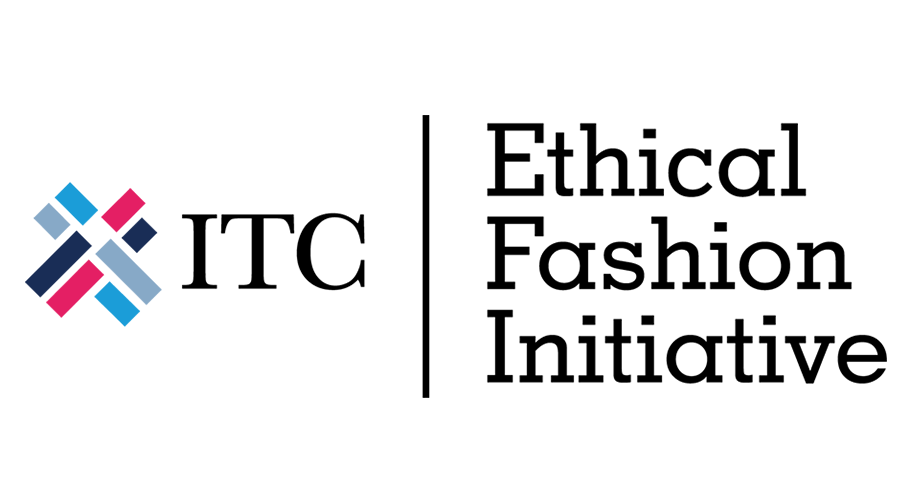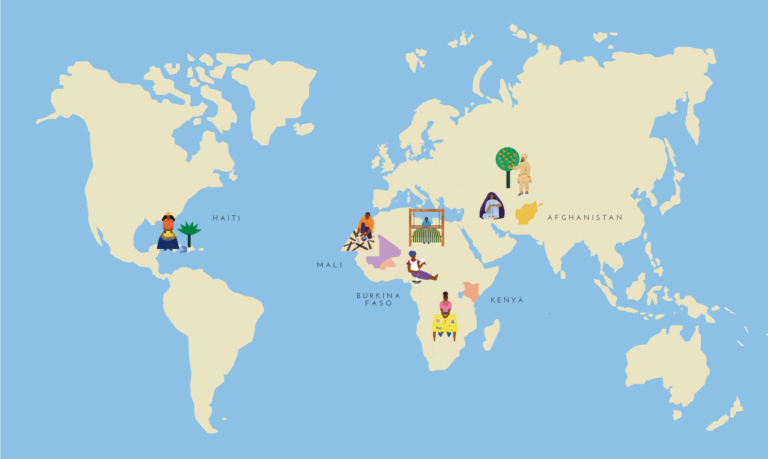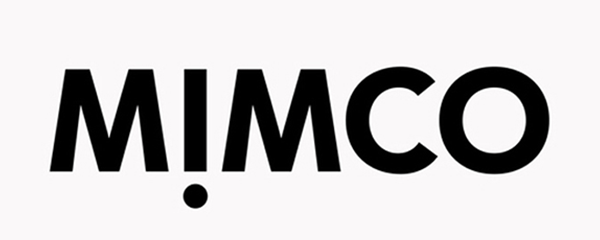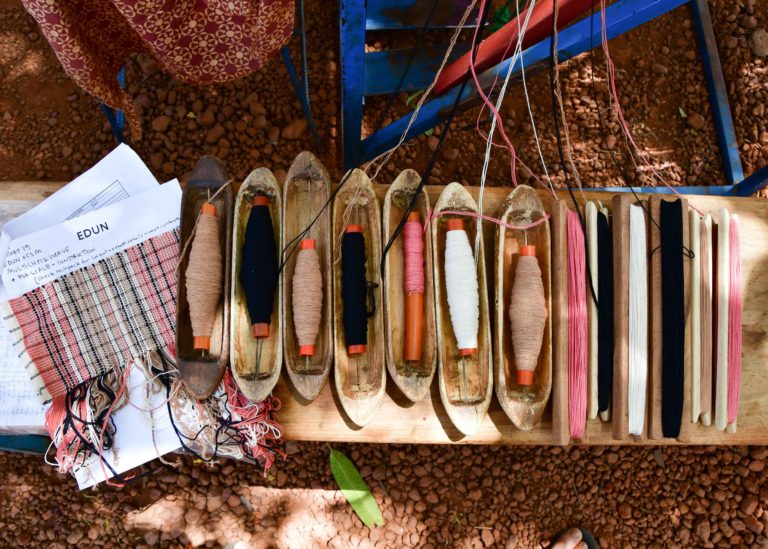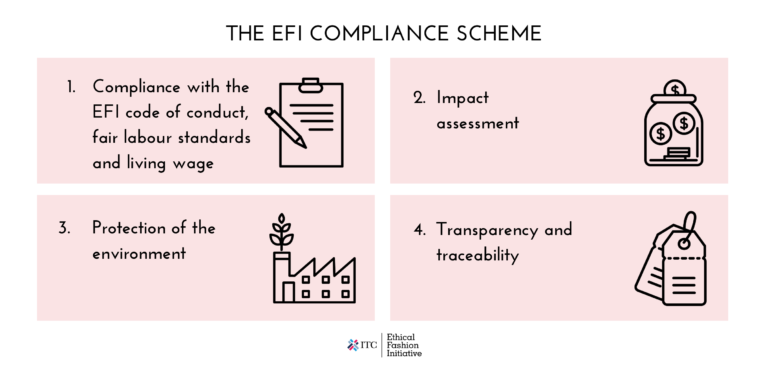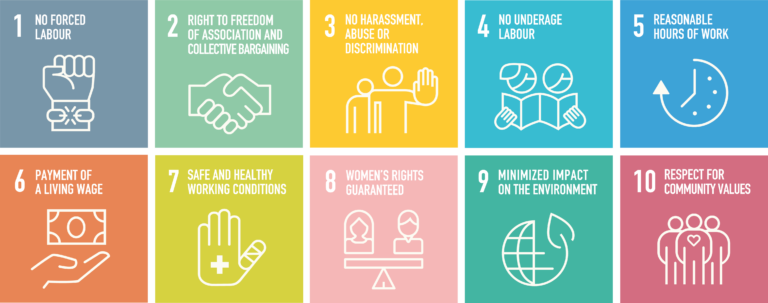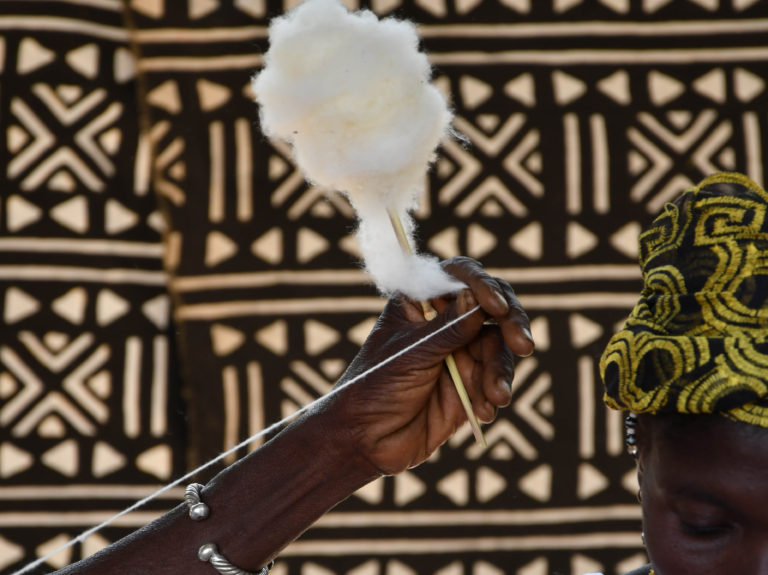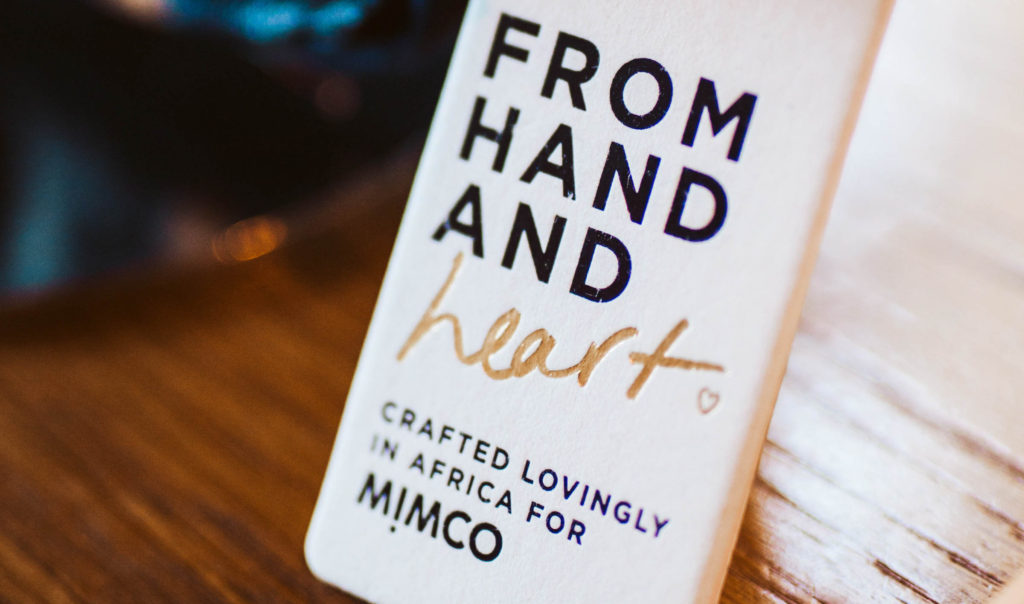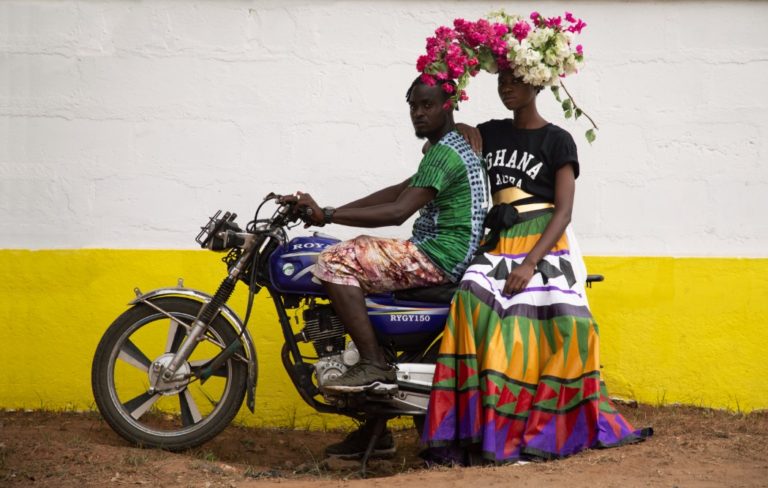- Home
- Members
-
-
-
- Connect4Climate – World Bank Group
- International Labour Organization (ILO)
- ITC Ethical Fashion Initiative (EFI)
- UN Development Programme (UNDP)
- UN Economic Commission for Europe (UNECE)
- United Nations Environment Programme (UN Environment)
- UN Global Compact
- United Nations Framework Convention on Climate Change (UNFCCC)
- United Nations Industrial Development Organization (UNIDO)
- UN Partnerships
- Contact Us
-
-
- Events
- News

